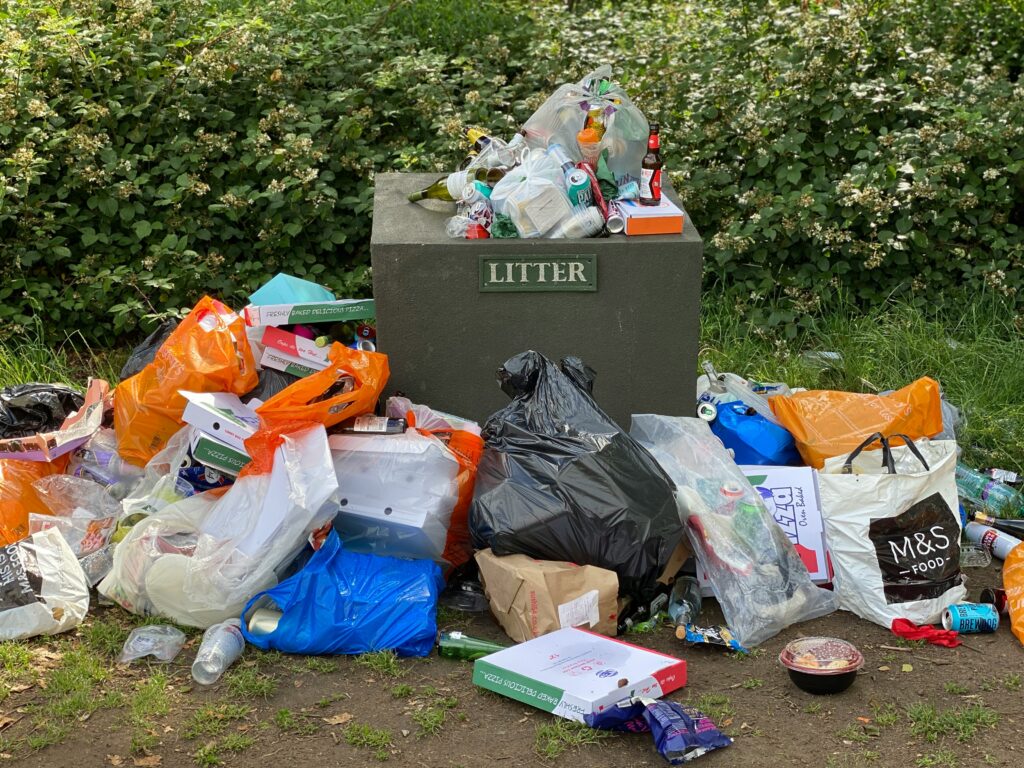April 22nd, 2024
The UK’s duty to end plastic pollution at home and abroad

Plastic pollution isn’t just an environmental issue; it’s an issue of justice and equity. Marginalized communities and those living near plastic production and waste sites bear the brunt of this crisis, facing disproportionate health risks and economic burdens. A recent report by the United Nations Environment Programme (UNEP) and Azul highlights the urgent need to address this environmental injustice.
The impact of plastic pollution extends far beyond environmental degradation. It threatens the livelihoods of those dependent on marine resources and poses significant health risks for communities consuming contaminated seafood. The COVID-19 pandemic has exacerbated this challenge, especially with the increase in the production of PPE, face masks, and other medical devices.
In the UK, the Birmingham Plastics Network and the Institute for STEMM in Culture and Society (ISTEMMiCS) conducted a YouGov survey revealing a concerning disparity between public concern and political prioritisation. While the public ranks plastic pollution as a top concern, MPs place it lower on their agenda, indicating a mismatch in priorities.
This misalignment is critical, especially considering the UK’s significant role in global plastic pollution. The UK produces more plastic waste per person than any other country and a substantial portion of it is exported abroad. Shockingly, investigations by Greenpeace have uncovered British plastic waste being dumped and burned in countries like Turkey, causing serious health issues for nearby communities. In fact, the same report says the amount of plastic pollution the UK sends abroad is equivalent to three and a half Olympic swimming pools every single day.
The UK government has committed to eliminate all avoidable plastic waste by 2042, according to its 25-year environmental plan. According to the plan,“The UK Government has a role in protecting and improving the environment both at home and abroad”. The plan also specifies “Significantly reducing and where possible preventing all kinds of marine plastic pollution – in particular material that came originally from land”. As a nation committed to environmental stewardship, the UK must take decisive action to address plastic pollution both domestically and internationally. This includes reevaluating priorities to align with public concerns, investing in sustainable alternatives, and holding corporations accountable for their plastic footprint.
Environmental justice demands that we confront plastic pollution with urgency and equity. It’s time for the UK government to lead by example and champion solutions that prioritize both environmental sustainability and social justice on a global scale.
